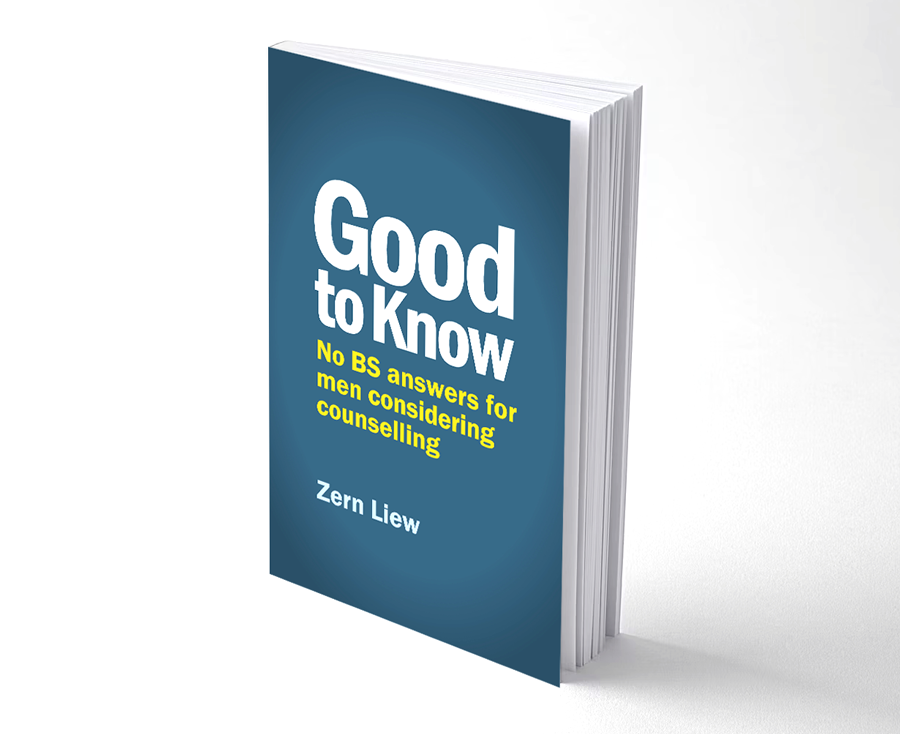
I am finalising my latest book for upload to the Kindle store.
Send me an email if you wish to be notified when this book is available.
Why This Book?
Research shows that counselling works. It can help reduce our psychological distress and enhance our ability to cope and solve problems.
Research also shows that men are not using counselling for their psychological wellness nearly as much as women do.
ABS data shows that men in Australia are experiencing increasing psychological distress. Men in Australia are suffering. Silently. And desperately. This psychological distress strains our relationships. It makes work problems worse. And it taints all the good things in life. The suicide statistics for middle-aged men is appalling.
From my university research, one reason men avoid seeking counselling appears to be the lack of real-world knowledge about how mental health services work. We don’t like feeling stupid, not in control, and exposed. Not knowing the ins and outs of seeking and seeing a counsellor is a real stumbling block that stops men from seeking help.
Common questions I have heard from clients include:
“Am I the only one who is broken and not coping?”
“Am I crazy?”
“Is my life really that fucked?”
“Will the counsellor read my mind?”
“What if they uncover my deep, dark, and shameful secret?”
“Will they judge me for being politically incorrect?”
“What if my wife or boss finds out?”
“What if I lose control?”
These are all very understandable concerns. I have had some of these thoughts myself, once upon a time. The great news is that these questions have straightforward and no BS answers.
This book is my attempt to collate those answers in a convenient and accessible form. It is written with mainstream adult men in Australia in mind. There isn’t a lot of research addressing mainstream men’s needs. Society assumes since we are not complaining, we must be OK. I want to share the unvarnished reality of thinking about, seeking out, and seeing a counsellor as a man. Research shows that the more clients know about counselling before seeking it out, the more likely they will reap positive outcomes from it. This work comes from my research and my counselling work with adults.
It is easy to tell someone to get counselling. It is even easier to give him an “easy” fix or encourage him to “get over it.” The idea that we need counselling can be deeply shaming. Unsurprisingly, it is very easy to talk ourselves out of seeking help.
The reality of counselling is likely to be much less awful than you imagine. It is common to hear men say, “I wish I had gone sooner.”
I hope this book helps you to gain enough clarity to take a deep breath, pick up the phone, and book that first appointment with a counsellor.